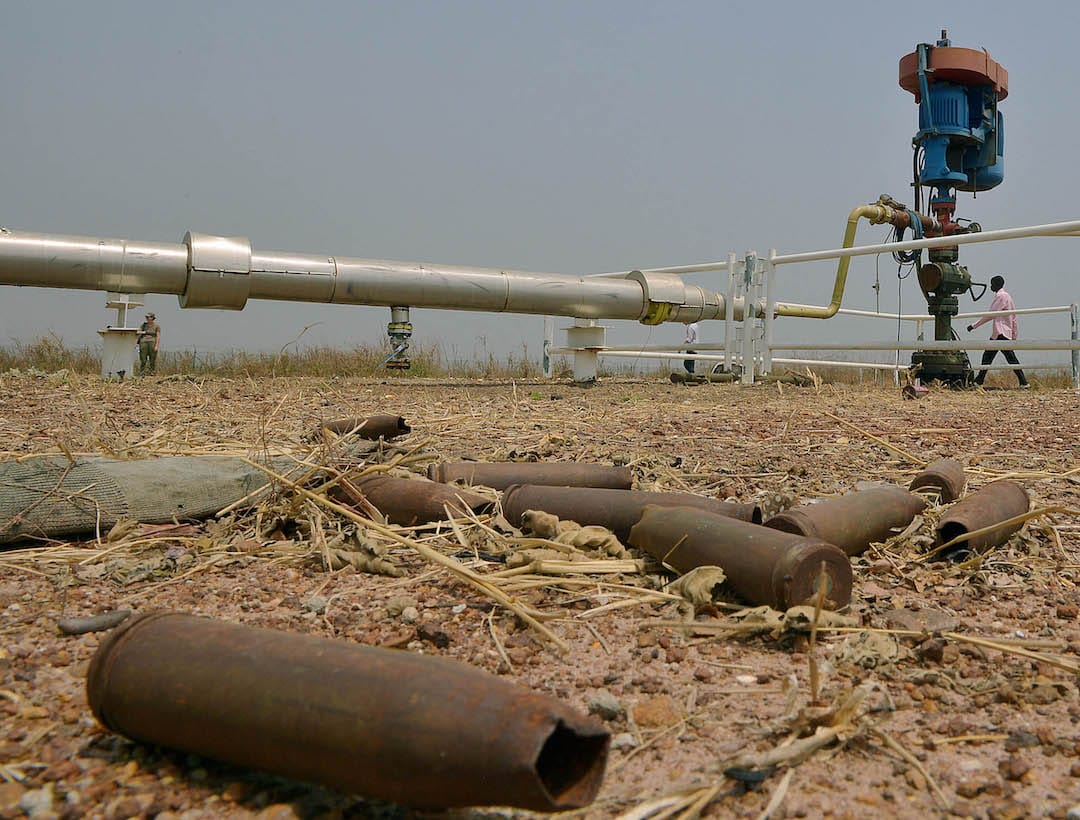The disruption of oil exports from South Sudan after one of its key oil pipelines to international markets was damaged in February could further escalate already acute level of violence and in security in the country, experts have warned.
South Sudan depends on its northern neighbor Sudan to export its oil, but Khartoum has recently admitted that it cannot guarantee the smooth export, as a year of war has made it difficult to maintain or even protect the pipeline to Port Sudan. The February incident happened in Sudan’s White Nile state, which is controlled by the paramilitary Rapid Support Forces (RSF), prompting the Dar Petroleum Oil Company to suspend loadings. The ongoing fighting has prevented a team of technical experts to fix the pipeline, raising fears that South Sudan’s political economy could collapse.
The RSF and the Sudanese Armed Forces have been fighting for more than a year following a disagreement over the country’s transitional future.
Now South Sudanese officials and experts have warned that the country’s oil sector and economy have been significantly disrupted by the war in Sudan and the conflict in the Red Sea, presenting a risk to stability in East Africa.
“The pipeline accounts for two-thirds or three-quarters of oil revenues,” said Alan Boswell from International Crisis Group (ICG), a non-profit group dedicated to conflict resolution. “Unless [South Sudan] is able to get the pipeline working again, it will be a massive pull on South Sudan’s budget.” Overall, oil is responsible for about 90% of the country’s revenue, according to a 2022 World Bank report.



